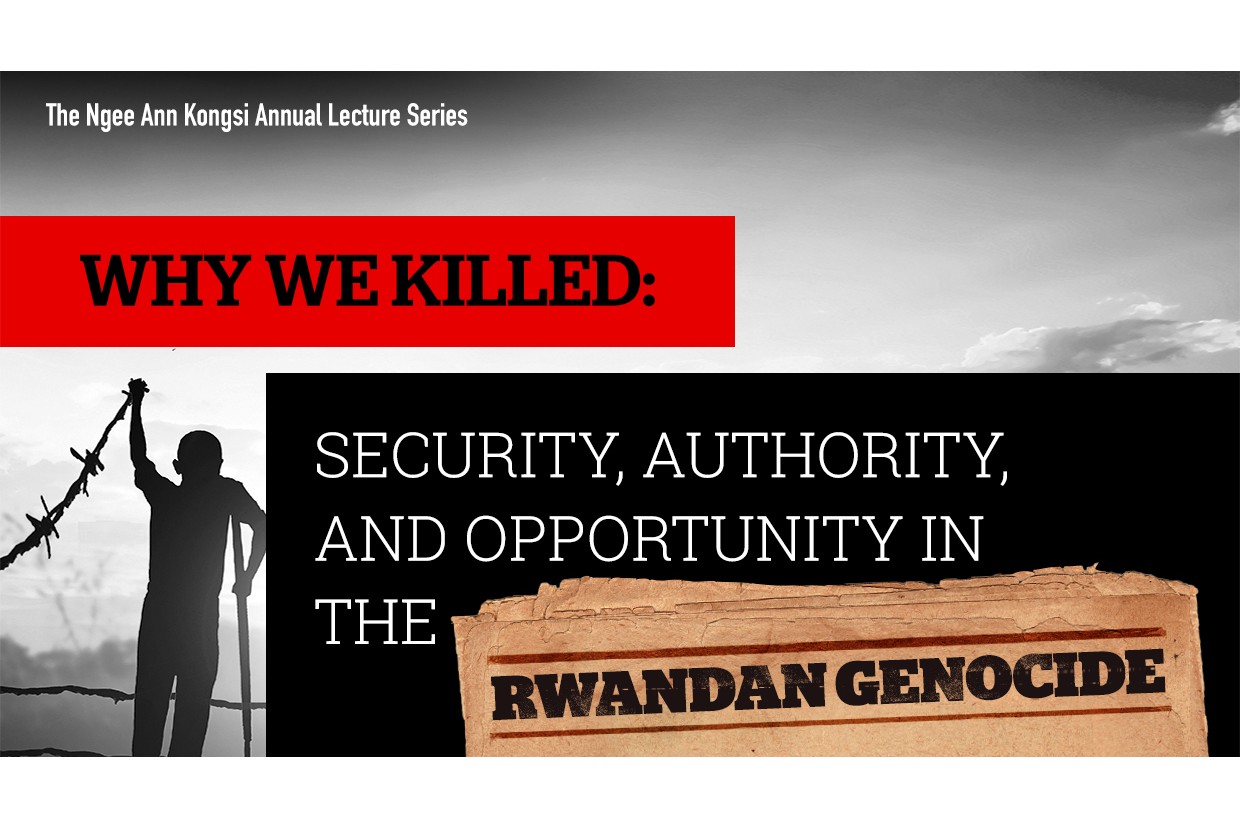
Omar Shahabudin McDoom
 |
Dr Omar Shahabudin McDoom is a comparative political scientist and Associate Professor in the Department of Government at the London School of Economics and Political Science. His research interests lie in the study of peace, security, development, ethnicity, and kleptocracy. He specializes in the study of conflicts and violence framed along ethnic and religious boundaries, and in strategies that promote co-existence and cooperation between social groups in plural societies. He has field expertise in sub-Saharan Africa — primarily Rwanda, Burundi, the Democratic Republic of the Congo, and Uganda — and in South-East Asia, notably the Philippines. Dr McDoom’s work has been published in International Security, the Journal of Peace Research, and the Journal of Conflict Resolution and he has held research fellowships at Harvard and Oxford universities. Before becoming an academic, he worked as a Policy Officer for the World Bank, a Legal Officer for the Government of Guyana, and on electoral missions for the OSCE and UN. |
Rwanda’s tragic and shocking violence of 1994 indelibly etched itself on the global conscience. The violence has become a paradigmatic case of genocide. In this lecture, Dr McDoom will present key findings from his new book on the genocide. The book offers a rigorous and comprehensive explanation of how and why the genocide occurred, and how and why people participated in it. Drawing on interviews with several hundred Rwandans, comparing those who participated in the violence and those who did not or, who did so at different times. His book engages with core theoretical debates on the causal role of emotions, ideology, and ethnicity in genocide and speaks to specialist topics such as intra-ethnic competition, ex-post radicalization, anti-social capital, extra-lethal violence, perpetrator heterogeneity, and micro-mobilization.